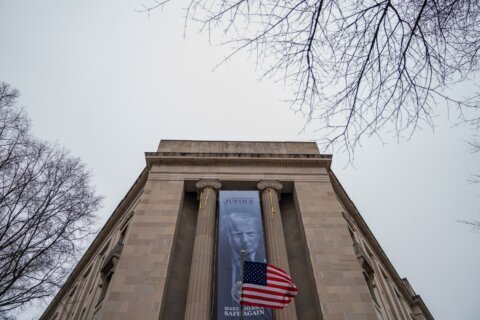
Many companies with jobs to fill report having problems finding the right candidates to fill them, and the pressure to fill them can mean hiring mistakes.
Staffing firm Robert Half in D.C. surveyed more than 2,800 senior hiring managers at companies with 20 or more employees, and found 73% have recruited the wrong candidate for a job, and 61% said the cost of a bad hire is more severe today than it was a year ago.
The biggest cost is the time it wastes.
“Our research found employers in D.C. waste about 15 weeks correcting a hiring mistake,” said Beth Sears, D.C. metro market manager at Robert Half. “Nine weeks to terminate that bad hire once they’ve started working, and six weeks to re-staff that position.”
In addition to wasted time, bad hires can decrease staff morale and productivity.
One of the reasons hiring managers make a bad hire is because they focus too much on the skills and not enough on the person.
“Employers are fixated on the candidate’s experience that it really matches up 100% to the job description,” Sears said. “And they overlook values and attitudes of that potential candidate.”
Assessing personalities and potential red flags has been made even more difficult in the current pandemic work environment, with fewer face-to-face interviews. Robert Half said hiring practices at some companies have been slow to adapt to the changes.
Bad hire traits can emerge shortly after a new employee starts, according to Robert Half.
Sears listed several of those traits: “Missing multiple days at work. Employees who start work late and end early. Bad attitudes, people who complain at work, who gossip, conflicts with coworkers and missed deadlines.”
Robert Half has several tips for avoiding a bad hire. Hiring managers should consider involving other team members in the interview or review process to get other perspectives on the candidate, and taking a trial run by hiring a contractor employee, allowing time to evaluate a candidate before bringing them on as a permanent employee.








